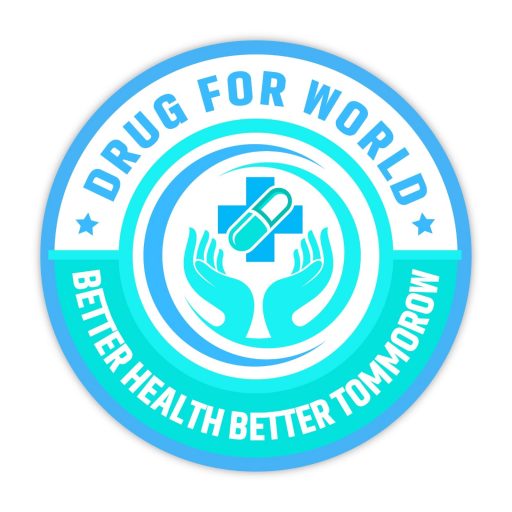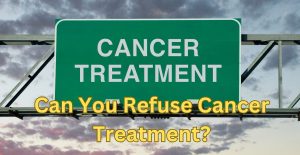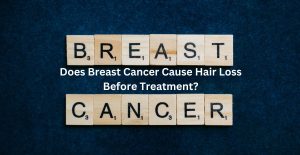What Steps Totake After The BCG Treatments For Bladder Cancer serious condition, but with advancements in medical treatments, many patients can manage their diagnosis effectively. One of the most commonly used treatments for non-muscle invasive bladder cancer (NMIBC) is Bacillus Calmette-Guérin (BCG) therapy.
This immunotherapy involves introducing a weakened strain of bacteria into the bladder to stimulate the immune system and fight cancer cells. However, the treatment doesn’t end once the therapy is completed.
There are several crucial steps to take after BCG treatment for bladder cancer to maximize treatment effectiveness, minimize side effects, and promote long-term health. In this article, we will explore what patients should do after BCG therapy to ensure the best possible outcome.
What to Expect After BCG Treatment for Bladder Cancer?
After undergoing BCG therapy, patients often experience a range of effects, both physically and emotionally. It’s important to understand what happens during the recovery phase and what actions can aid in healing and prevent the recurrence of bladder cancer.
Post-Treatment Side Effects of BCG Therapy
BCG treatment is generally well-tolerated, but it can cause side effects that patients should monitor and manage carefully. These side effects may include:
- Frequent urination or urgency: A common short-term side effect, patients may feel the urge to urinate more often or experience discomfort while urinating.
- Bladder irritation: Pain or burning sensations while urinating can occur due to the inflammatory response in the bladder.
- Fatigue: A feeling of tiredness is common after any type of cancer treatment, including BCG therapy.
Blood in urine (hematuria): Some patients may notice traces of blood in their urine, which is typically temporary but should be reported to a healthcare provider. - If any side effects are severe or do not subside over time, it is essential to consult your healthcare team for advice.
What to Do After BCG Treatment: Essential Steps for Recovery
Taking proactive steps after BCG treatment is key to maintaining good health and reducing the risk of cancer recurrence. Below are the recommended actions to follow post-treatment:
1. Monitor Your Health with Follow-Up Appointments
What Steps Totake After The BCG Treatments For Bladder Cancer, your oncologist will schedule regular follow-up appointments, typically every three to six months, to monitor your progress. These visits usually involve:
- Cystoscopy: A procedure where a small camera is inserted into the bladder to inspect for any signs of remaining cancerous cells.
- Urine tests: These tests check for cancer markers or the presence of abnormal cells in your urine.
- Physical exams: Your doctor may perform a general health check to assess your recovery and overall well-being.
It’s vital to attend all follow-up appointments, as early detection of potential recurrence can significantly improve the chances of successful treatment.
2. Drink plenty of water and eat a balanced diet.
Proper hydration is essential to keep your urinary system functioning optimally. Drink plenty of water throughout the day, as it helps flush out any bacteria, reduces irritation in the bladder, and supports kidney health.
A balanced diet is equally important. Include nutrient-dense foods like:
- Fruits and vegetables: Rich in antioxidants, vitamins, and minerals, they support immune function and overall health.
- Whole grains: Opt for fiber-rich grains to maintain digestive health and reduce the likelihood of inflammation.
- Lean proteins: Support muscle and tissue repair by including sources like chicken, fish, tofu, and legumes.
Avoid smoking, processed foods, and excessive alcohol, as they may irritate the bladder and undermine your immune - system’s ability to fight cancer.
3. Address Emotional and Mental Health
The psychological impact of bladder cancer and its treatment can be overwhelming. Many patients feel anxious or depressed, particularly with the ongoing monitoring for recurrence. Maintaining your mental health is equally as vital as maintaining your physical health.
Here are some tips for managing mental health post-treatment:
Seek support: Talk to a counselor or join a support group for cancer patients.
Practice relaxation techniques: Deep breathing exercises, meditation, or yoga can help reduce stress and promote overall well-being.
Stay connected: Keep in touch with loved ones, and allow them to support you through your recovery process.
Remember that emotional and mental health are closely linked to physical recovery, so don’t hesitate to ask for help when needed.
4. Watch for Recurrence Signs and Symptoms
One of the major concerns after BCG treatment is the risk of cancer recurrence. While BCG therapy is highly effective in reducing recurrence rates, it’s essential to be vigilant and aware of potential symptoms that may indicate the need for further investigation.
Signs to watch for include:
- Increased urinary frequency or urgency that doesn’t subside.
- Pain or discomfort during urination.
- Blood in the urine that appears suddenly or persists.
- Lower abdominal pain or discomfort.
- If any of these symptoms occur, inform your healthcare provider promptly. Early detection of recurrence increases the likelihood of successful treatment and improves overall survival rates.
5. Manage Side Effects and Complications
BCG therapy can cause temporary side effects, but it is crucial to manage them appropriately. Common side effects such as bladder irritation, fatigue, and mild pain can often be alleviated with simple home remedies:
- Pain relief: Over-the-counter pain relievers like ibuprofen can help reduce bladder discomfort, but always consult your doctor before using any medication.
- Bladder soothing: Warm baths or the use of heating pads can help reduce bladder irritation and ease discomfort.
- Rest: Adequate rest is essential to help your body recover from the treatment and maintain energy levels.
If you experience severe or long-lasting side effects, your healthcare provider may adjust your treatment plan or recommend additional medications to ease your symptoms.
Consider Lifestyle Modifications
Making certain lifestyle changes can also help improve your overall health and potentially reduce the risk of bladder cancer recurrence. Some lifestyle modifications include:




